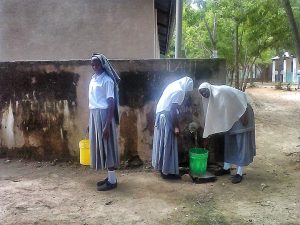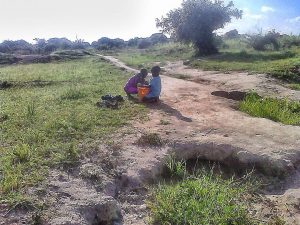This project is made possible through the partnership of Water Charity and the National Peace Corps Association. ![]()
Location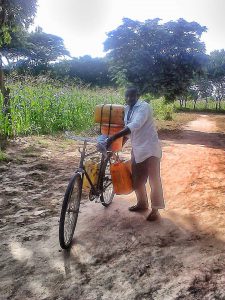
Ipillili Village of Nzega District, Tabora Region, Tanzania
Community Description
Nzega Secondary School is located in Ipilili village in Tabora, one of the very hot and dry regions in Tanzania. Life there revolves around water. Due to the lack of water in the community, students and the surrounding community struggle with sanitation, illnesses caused by drinking unclean water, and food insecurity.
Problem Addressed
Nzega Secondary School has one rainwater catchment system, which only provides enough water for the school and surrounding villages for a few days until the next downpour. After the rainy season, students are sent to fetch a few buckets of water from taps, which come on once every few weeks, or from shallow pools of water nearby. The lack of water is a major cause of poor sanitation, diarrhea and food insecurity in the surrounding community.
One of the biggest health issues among adults and children, aside from malaria, is diarrhea. People drink from unsanitary sources, such as the river or shallow hand-dug wells, without using any method of purification. This is especially common among school-aged children. Students often miss school due to illnesses, such as diarrhea and the common cold, which could be minimized by having water available for sanitary purposes.
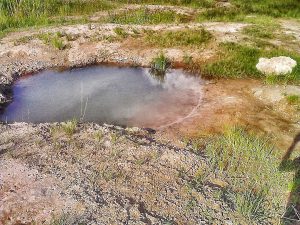 Project Description
Project Description
This project is to build a well at Nzega Secondary School. The well will be drilled to a depth of about 120 meters. Piping will be inserted into the well, and a manual hand pump will be attached. The water will be used mainly for drinking water and sanitation purposes.
The headmaster has paid for a technician for a preliminary survey to determine the best location of the well. A water committee has been established consisting of members of the school and the PCV. The members will rotate the tasks of overseeing the process and managing funds.
The drilling company will guarantee that water will be reached and provide an adequate supply for some time into the future. The school will provide a manual pump to ensure sustainability. The pump is low-cost and can be easily repaired.
Water Charity funds will be used for the purchase of specified equipment and materials as well as the cost of skilled labor. The entire project is scheduled for completion 3 weeks after work is started.
Project Impact
1,280 students and villagers will benefit from the project.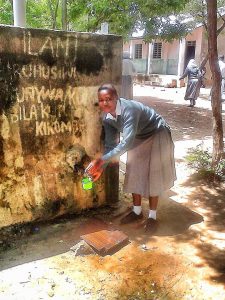
Peace Corps Volunteer Directing Project
Wangui Mwaniki
Monitoring and Maintenance
The community has created a water committee of four members of the school, including the headmaster, to oversee the maintenance of the well, and pump to ensure sustainability.
Comments
The water available will also provide a source of drinking water for students and community members as well as for crops to improve food security for the community.
A tank and irrigation system for food security is envisioned as a future project for the school.
This project falls under our ongoing Let Girls Learn Initiative, an effort to help girls stay in school created by FLOTUS Michelle Obama. It is also part of our East Africa Water & Sanitation Program. Both of these programs can use support from donors to continue doing worthy projects like this one.
This project became infeasible, and was canceled by the Peace Corps Volunteer. There was no expenditure of funds.
